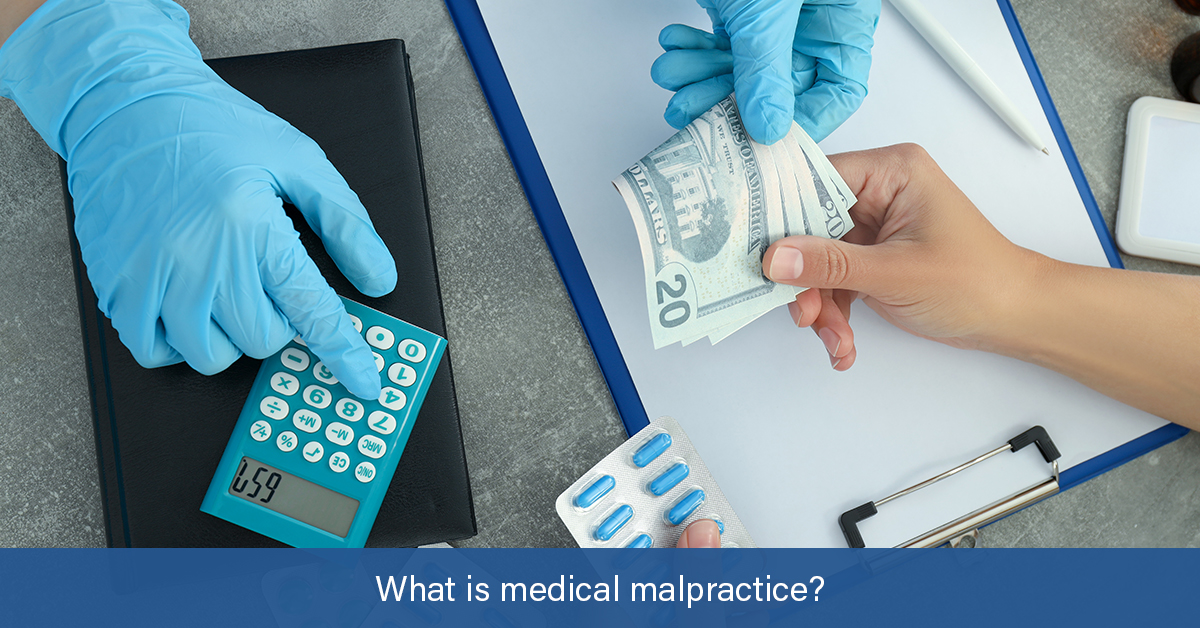The Most Common Medical Errors

When an accident happens where medical attention is needed, it’s only natural to hope for the best treatment and care. Unfortunately, when medical professionals make mistakes due to incompetence, distractions, or just plain human error, your situation can worsen. According to the National Practioner Data Bank, medical malpractice has decreased by around 4% in the past decade but is still the cause of about 10% of deaths in the United States each year.
Are you a victim of medical malpractice? Here are some of the main threats of medical errors that our medical negligence lawyers tackle below.
1. Incorrect Medication
When getting prescribed a new medication, there is a startling 8%-25% median chance that the prescriber inappropriately administers the medication. This typically involves incorrect dosage, wrong medication type, and failure to account for the patient’s drug allergies.
2. Misdiagnosis
If a healthcare provider fails to match the patient with the appropriate diagnosis, the medical problem can be ignored, treated improperly, or worsen. Misdiagnosis confuses the correct course of action, creating new issues in the process.
3. Poor Procedures
Anything from improperly sterilized medical instruments, failure to wash their hands, or contaminated equipment can cause a healthcare worker to harm the patient. By improperly abiding by infection control procedures, destructive bacteria, and germs can enter the patient’s body and cause a serious infection.
4. Botched Surgery
Based on the last point, surgical errors occur through various factors, such as poor procedures, miscommunication, and lack of training. An incompetent surgeon can unknowingly leave surgical tools or equipment (otherwise known as “retained items”) inside the patient during surgery, jeopardizing the patient’s healing. Dangerous surgeries can lead to infections, nerve damage, and even death.
5. Falls
Falls are prevalent in the healthcare setting, particularly among older people. If a person has a fall-induced injury due to a healthcare provider’s negligence with poorly placed equipment, inadequate staffing, or failure to assist, the medical organization is at fault.
6. Ignoring Patient Concerns
If a patient has a serious concern about their well-being and the medical practitioner does not take them seriously, the patient may be susceptible to harm. This is usually due to the doctor’s lack of training, unwillingness, or a communication misunderstanding. Even if the doctor believes there is an influx of hypochondriacs or people with deluded concerns at their practice, there is no excuse to refuse a patient’s help, no matter how big or small the reason. Sometimes, the patient’s concerns can even result from a severe mental illness, which requires medical help just as much as a physical problem.
7. Inadequate Check-Ups
Failure to check on the patient during or after treatment can become a dangerous concern if the doctor shows a lack of communication or responses to their patient’s needs. Of course, the patient has a duty to follow their medical advice, prescriptions, and proper treatment. But if the medical provider fails to be present in the patient’s recovery, they can be absent when the patient needs help the most.
Don’t Be a Victim of Medical Malpractice. Call Breit Law.
When medical malpractice leaves you with physical and mental pain and suffering, a mounting of medical bills, and low quality of life, there’s no better time to take action than now. Breit Law’s medical negligence lawyers in Hampton Roads, Virginia, help you get the compensation you deserve.
Don’t wait; act now. Contact us and open the door to a more fulfilling life.


